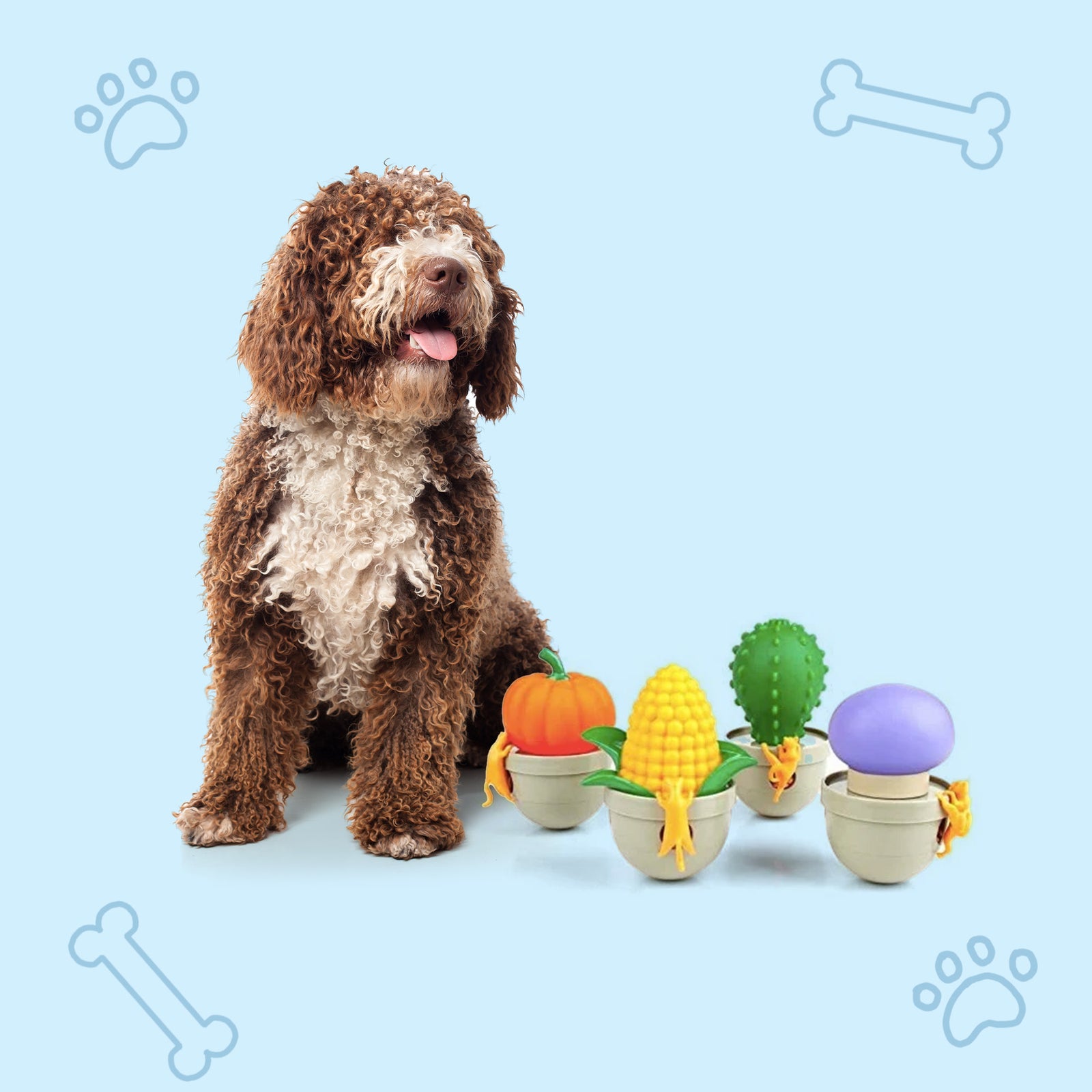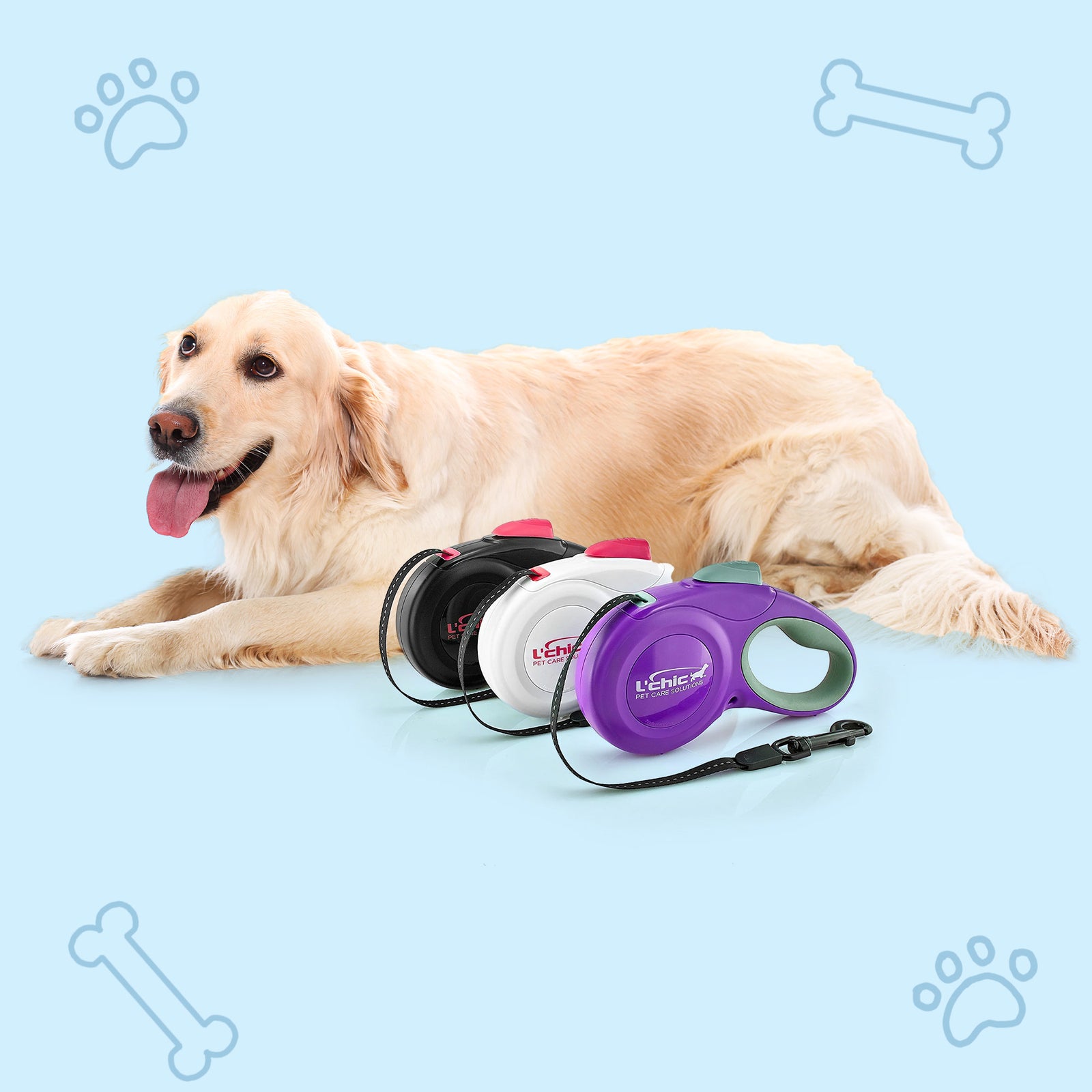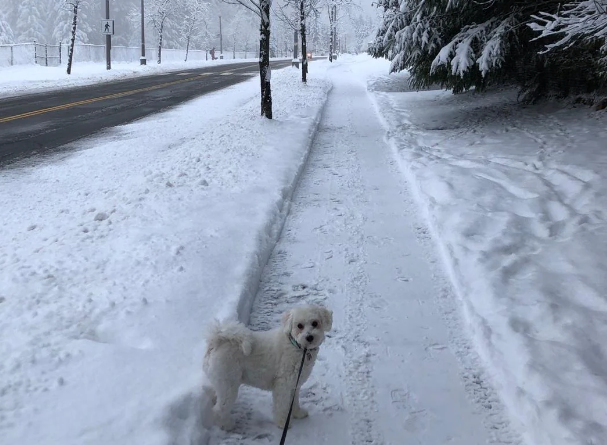These beef esophagus chews have been a huge hit in our house! My dog absolutely loves them, and I love that they’re a simple, single-ingredient treat. They’re the perfect size long enough to keep him busy, but not so hard that I worry about his teeth. Great buy!
My dog loves these rawhide bones. The vet says they are the reason her teeth are in such good condition.
Great knee cap bones for a reasonable price!
Perfect treat for my rescue dog. Crunchy and helps keep her gums healthy. Sent a gift to my son for his retriever - he loved beef lung treats!
I purchase regularly. My giant babies love these. they get these as treats and entertainment. price, quality and convenience can't be matched.



